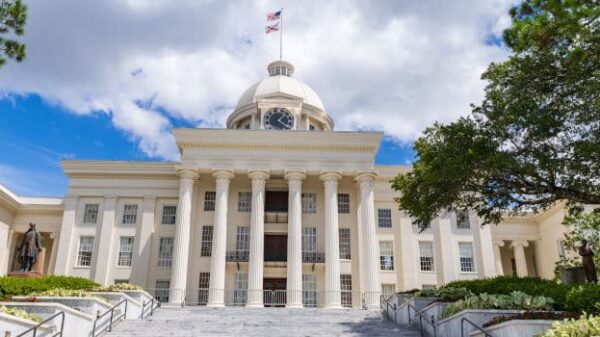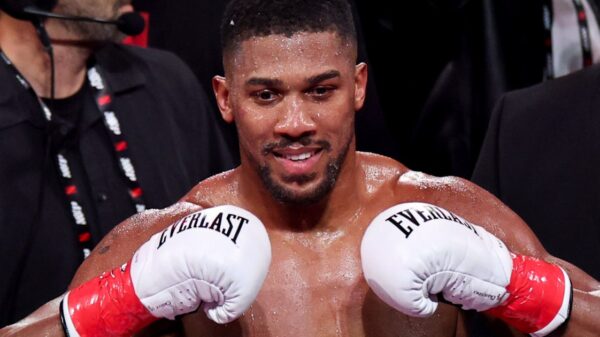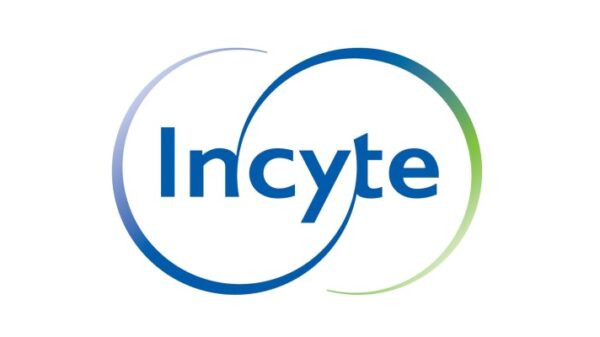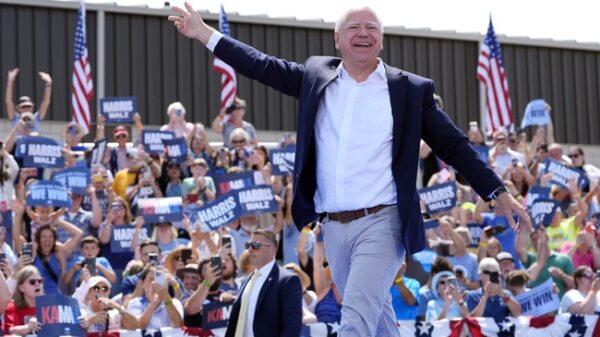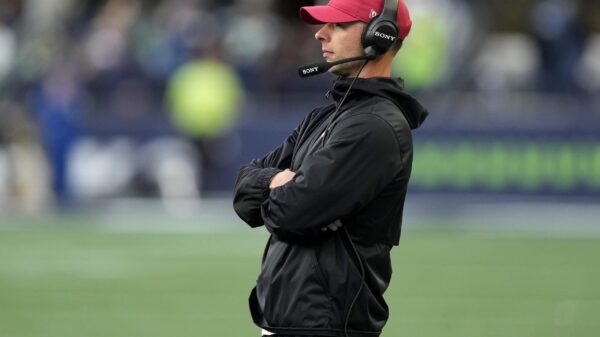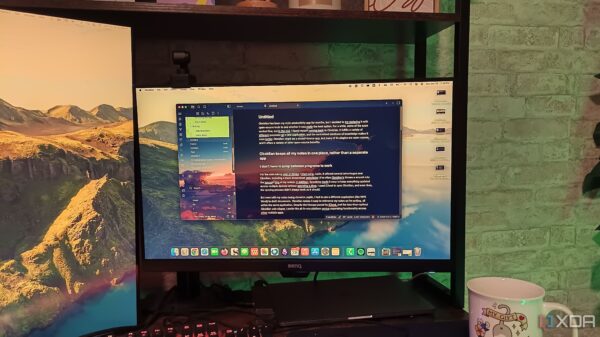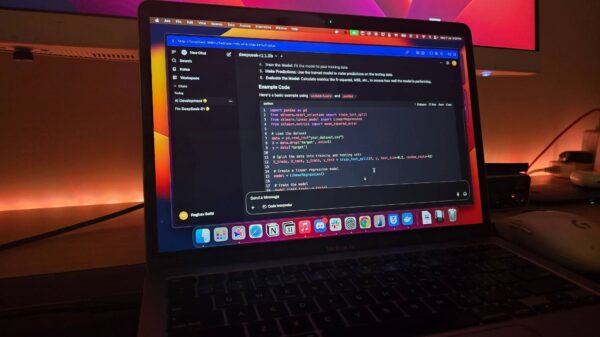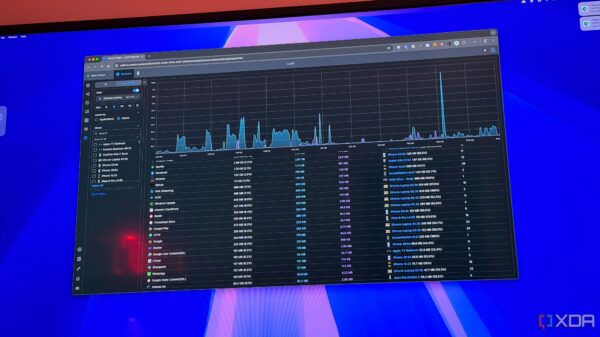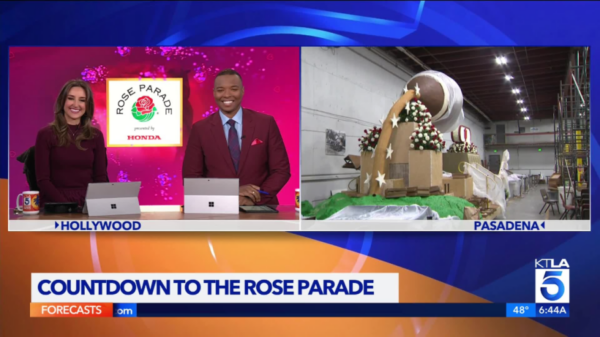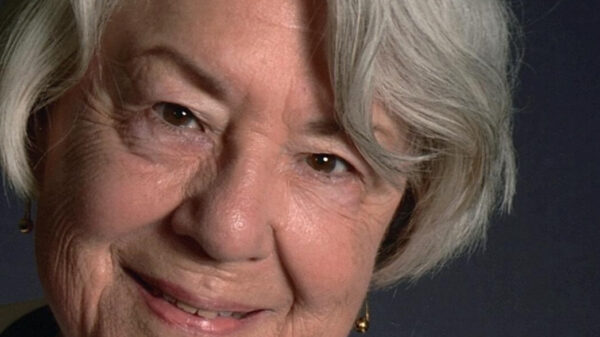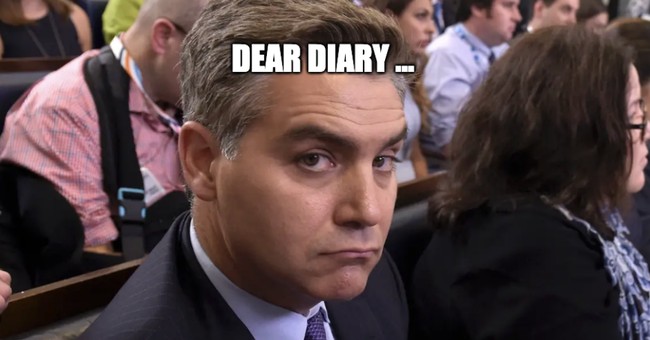The restaurant chain Cracker Barrel has sparked widespread discussion this week, drawing both bipartisan criticism from Republicans and Democrats regarding its new logo and dining room aesthetic. Amid this debate, journalist Jim Acosta expressed frustration on social media, suggesting that the focus on Cracker Barrel distracts from more pressing political issues, namely President Donald Trump’s actions surrounding congressional seats.
In a post, Acosta conveyed his discontent with the ongoing discourse, stating that with significant events unfolding, such as attempts to alter congressional representation, the conversation about a restaurant’s branding felt trivial. He wrote, “The president of the United States is trying to steal congressional seats, so I don’t give a f**k about the Cracker Barrel logo discussion.” This comment, along with others, has garnered attention and sparked various reactions from the public and political commentators.
The controversy surrounding Cracker Barrel centers on its recent rebranding efforts. Critics argue that the new logo and aesthetics fail to resonate with the traditional values associated with the chain, which has long been a staple in American dining culture. This dissatisfaction has prompted discussions across social media platforms, with users voicing their opinions on the changes.
Acosta, known for his confrontational style in political journalism, has faced backlash for his comments. Many have pointed out the perceived hypocrisy in his critique, suggesting that his focus on Cracker Barrel represents a diversion from serious political issues, including allegations of gerrymandering in states like Texas, California, and New York.
Critics have taken to social media to respond to Acosta, emphasizing the long history of both major political parties engaging in tactics aimed at gaining electoral advantages. One user remarked, “An actual journalist would point out the history of Democrats gerrymandering their states to eliminate Republican seats.” This highlights the ongoing debate about political fairness and representation in the United States.
In the midst of this discourse, Acosta’s approach to the topic has led to further scrutiny of his professional integrity. Some social media users have labeled him a “partisan hack,” questioning whether he maintains objectivity as a journalist. This has sparked a broader conversation about the role of media figures in political dialogues and the expectations of journalistic impartiality.
As the discussions continue, Cracker Barrel remains at the center of a media storm, not just for its logo but for how it reflects larger societal and political issues. The juxtaposition of a restaurant’s branding against significant political events serves as a reminder of the complex relationship between culture and politics in the contemporary landscape.
This incident underscores the evolving nature of news and commentary, where branding decisions can provoke intense public reactions, often intertwining with pressing political narratives. As public figures like Acosta engage in these discussions, the dialogue surrounding media accountability and political representation is likely to persist.




